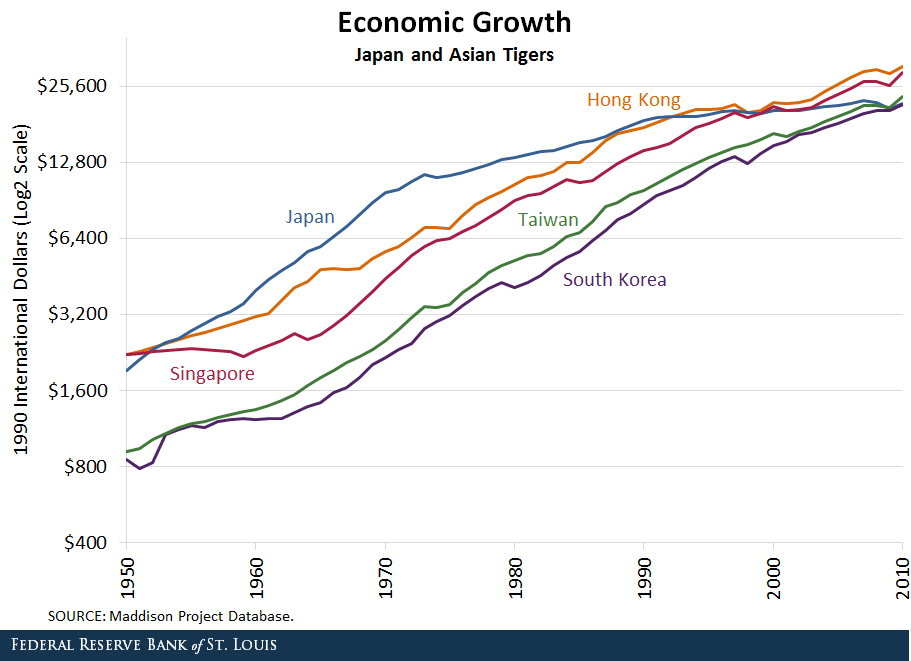If those three are killed, Cuba is pretty much stuck with Fulgenico Batista for at least the next decade...right?
Not necessarily--I would say, not even probably. There were all sorts of people other than the Castro brothers trying to overthrow Batista--ex-President Prio, various military factions, the Revolutionary Directorate (which actually had more guerillas fighting in the Escambray Mountains in September 1958 than the Castros had in the Sierra Madre)
https://www.alternatehistory.com/forum/threads/wi-1957-cuban-revolution.429786/#post-15954827 etc.
Even M-26-7 could have been a powerful force without the Castro brothers if Frank País
https://en.wikipedia.org/wiki/Frank_País had lived.
Indeed, it is doubtful that Fidel Castro even saw Batista as his main enemy. A great deal of his activities can best be explained as aimed at assuring that Batista would not be overthrown by someone other then himself:
"Second, Fidel wanted Mariano Sori Marin to get a message to former Cuban president Carlos Prio, the same luxury-loving chap Fidel had once castigated as the "buyer and seller of assassinations," the same Prio who had fled Cuba after Batista's coup in 1952 and who was now plotting his own "countercoup" and return to power. Fidel wanted Sori Marin to tell Prio to overthrow Batista within six months or else give Fidel the money so he could do it! Here the cunning intelligence of Castro again shows. He told Sori Marin, "If a coup is made against Batista, then I am going to go down in history without a name, even though I made Moncada."
"So, Sori Marin dutifully went to see Prio and he gave the former president Fidel's message, to which the affable Prio agreeably answered, "
Chico, this is a young man—we have to help the young men." Now it was just a matter of time. Fidel could wait.
"Not long after the meeting with Sori Marin, Fidel himself went to see Dr. Jose Miro Cardona, who had been one of his professors at the University of Havana. He told Miro proudly that he was "going to Mexico to make the revolution." But Miro was a suspicious man. He narrowed gimlet eyes upon Fidel and said, "And, against whom are you making the revolution?"
"Fidel did not even hesitate, and he certainly was not being ironic when he answered, "Against Carlos Prio, of course!"
"In 1986,1 spoke to Jorge Valls, the respected intellectual "author" of the anti-Batista Directorio Revolucionario (DR), or Revolutionary Directorate. Valls told me that Fidel's remark had confused Miro for many years until he finally realized that Fidel's first and most implacable war was not against Batista at all but against any competitive revolutionaries. Under no circumstances was he about to be preempted!"
https://books.google.com/books?id=dRhJGLnJjugC&pg=PA134
https://books.google.com/books?id=dRhJGLnJjugC&pg=PA135